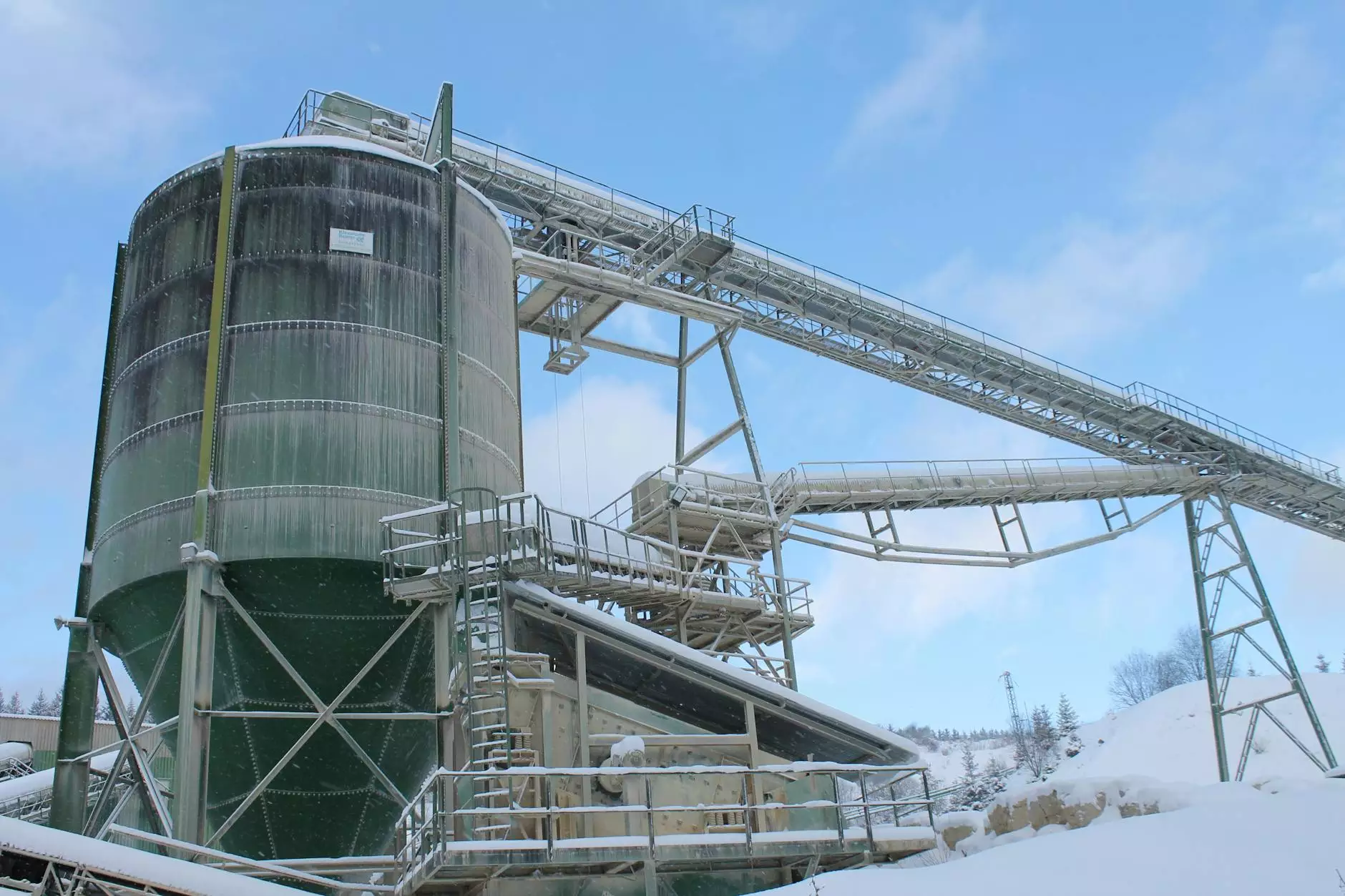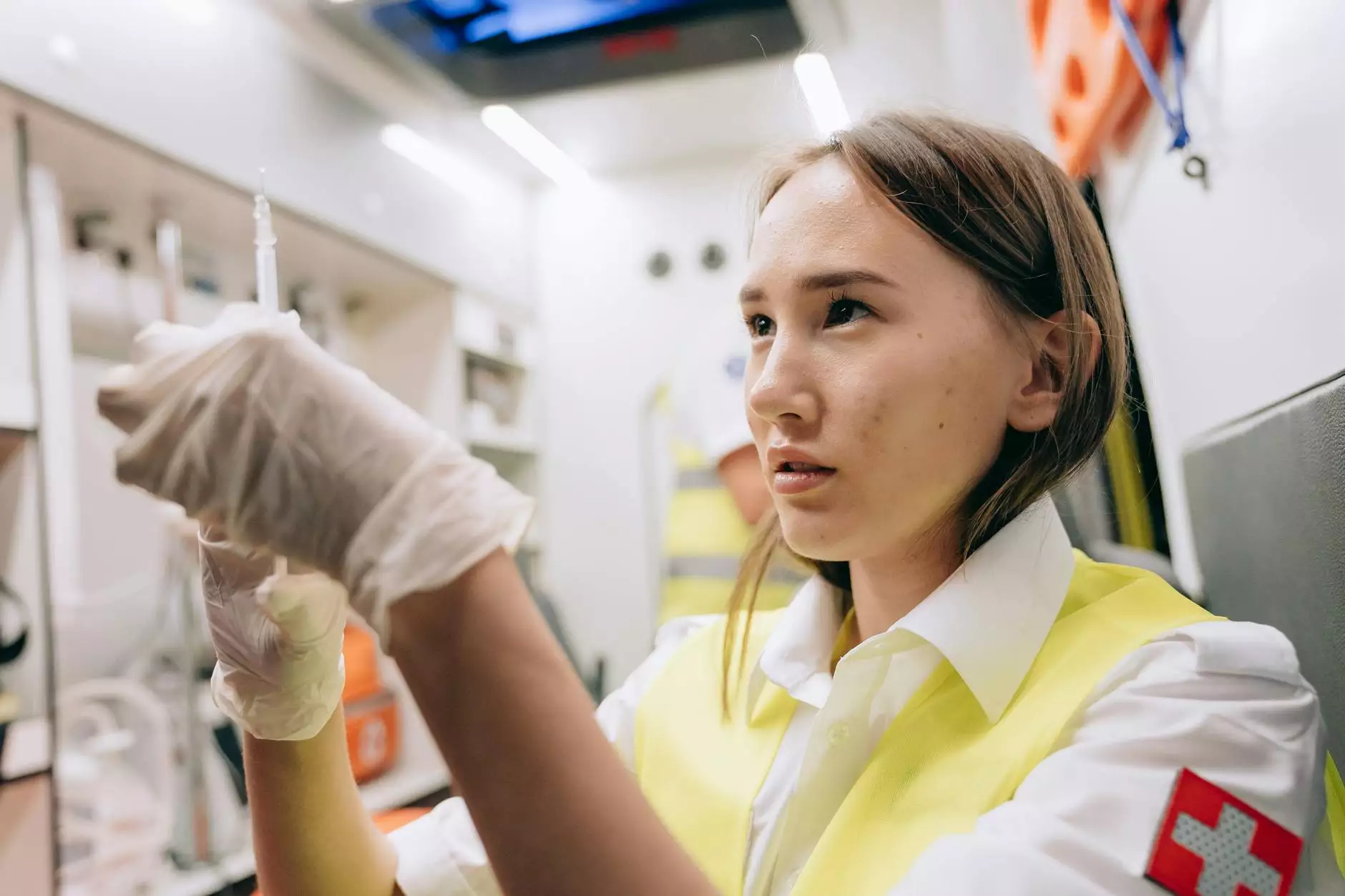Understanding the Role of a Thoracic Surgeon in Health and Medical Care

In the realm of modern medicine, the contributions of specialists are vital to enhancing patient outcomes and improving overall health standards. Among these specialists, the thoracic surgeon stands out as a key player in the diagnosis and treatment of ailments affecting the chest, lungs, heart, and esophagus. This article delves into the critical functions these surgeons perform, their qualifications, and their collaboration with other healthcare professionals in areas such as sports medicine and physical therapy.
The Importance of Thoracic Surgery
Thoracic surgery encompasses a wide range of procedures and interventions aimed at treating conditions and diseases of the thoracic cavity. The significance of this specialty cannot be understated. Here are some vital points:
- Life-Saving Surgeries: Many thoracic surgeons perform life-saving operations, such as heart bypass surgery and lung cancer resections.
- Minimally Invasive Techniques: Advancements in surgical technology have enhanced the way thoracic surgery is conducted, with many procedures now performed using minimally invasive techniques that reduce recovery times and complications.
- Comprehensive Patient Care: Thoracic surgeons often handle cases that require a multidisciplinary approach, addressing not only the surgical needs but also collaborating with other healthcare providers.
What Does a Thoracic Surgeon Do?
The role of a thoracic surgeon extends beyond the operating room; they are responsible for a holistic approach to treatment that includes:
1. Diagnosis of Thoracic Conditions
Diagnosis is the first step in effective treatment. Thoracic surgeons utilize advanced imaging technologies such as:
- X-rays
- CT scans
- MRIs
to accurately diagnose conditions such as lung cancer, pulmonary nodules, aortic aneurysms, and esophageal diseases.
2. Surgical Interventions
After diagnosis, these surgeons perform a variety of surgical interventions, which may include:
- Lung Resection: Removing part or all of the lung affected by disease.
- Heart Surgeries: Procedures such as coronary artery bypass grafting (CABG) and valve repair/replacement.
- Chest Wall Surgery: Corrective surgery for the chest wall abnormalities or trauma repair.
3. Post-operative Care
Following surgery, thoracic surgeons are responsible for the comprehensive management of the patient, ensuring a smooth recovery and monitoring for any complications that may arise.
Collaboration with Other Medical Professionals
A successful treatment plan for thoracic conditions often requires collaboration with other healthcare professionals. This teamwork is especially pronounced in areas such as:
1. Sports Medicine
In the context of sports medicine, thoracic surgeons may work with physiotherapists, athletic trainers, and sports physicians to assist athletes recovering from thoracic injuries, ensuring that they can return to their sport as safely and quickly as possible.
2. Physical Therapy
Physical therapy plays a crucial role in the recovery process post-surgery. Thoracic surgeons often coordinate with physical therapists to develop rehabilitation programs tailored to the individual’s needs, focusing on:
- Respiratory exercise to enhance lung function.
- Strength-building routines that support overall lung capacity and general health.
- Pain management techniques to facilitate a comfortable recovery.
The Training and Expertise of a Thoracic Surgeon
Becoming a thoracic surgeon requires extensive education and training. The typical pathway includes:
- Medical School: A four-year medical degree is mandatory, focusing on the fundamentals of medicine.
- General Surgery Residency: A five-year residency program wherein residents acquire comprehensive surgical skills.
- Thoracic Surgery Fellowship: An additional two to three years of specialized training specifically in thoracic surgical procedures.
The Future of Thoracic Surgery
As technology advances, the field of thoracic surgery is evolving rapidly. With innovations such as robotic-assisted surgery, the future holds promise for greater precision, less invasive techniques, and improved patient outcomes. Here’s how:
1. Enhanced Surgical Techniques
Robotic surgery allows thoracic surgeons to perform complex procedures with enhanced precision, leading to shorter recovery times and reduced risk of complications.
2. Telemedicine
Telemedicine is becoming an invaluable tool for post-operative follow-ups and consultations, providing patients with greater access to care without the burden of travel.
3. Personalized Medicine
Emerging research in genomics and other fields allows for personalized treatment plans that cater to the unique genetic makeup of patients, especially in cases of lung cancer.
The Impact of Thoracic Surgery on Patient Lives
The impact that thoracic surgeons have on the lives of their patients is profound. From treating chronic diseases to addressing urgent surgical needs, these professionals have a significant role in enhancing the quality of life.
For individuals suffering from severe respiratory issues, heart conditions, or cancer, the expertise of a thoracic surgeon can mean the difference between life and death. Their comprehensive approach helps not only in fighting disease but also in improving overall health and wellness.
Conclusion
In summary, thoracic surgeons are indispensable assets in the health and medical industry, playing a crucial role in surgical interventions, patient recovery, and multidisciplinary collaborations aimed at maximizing patient care. As technology advances and the field evolves, their expertise will continue to be vital in addressing complex thoracic conditions, providing hope and life-saving care to many.
For further insights or if you are seeking a thoracic surgeon for consultation or treatment, explore resources available at Hello Physio, where you can find dedicated healthcare professionals ready to support your health journey.









